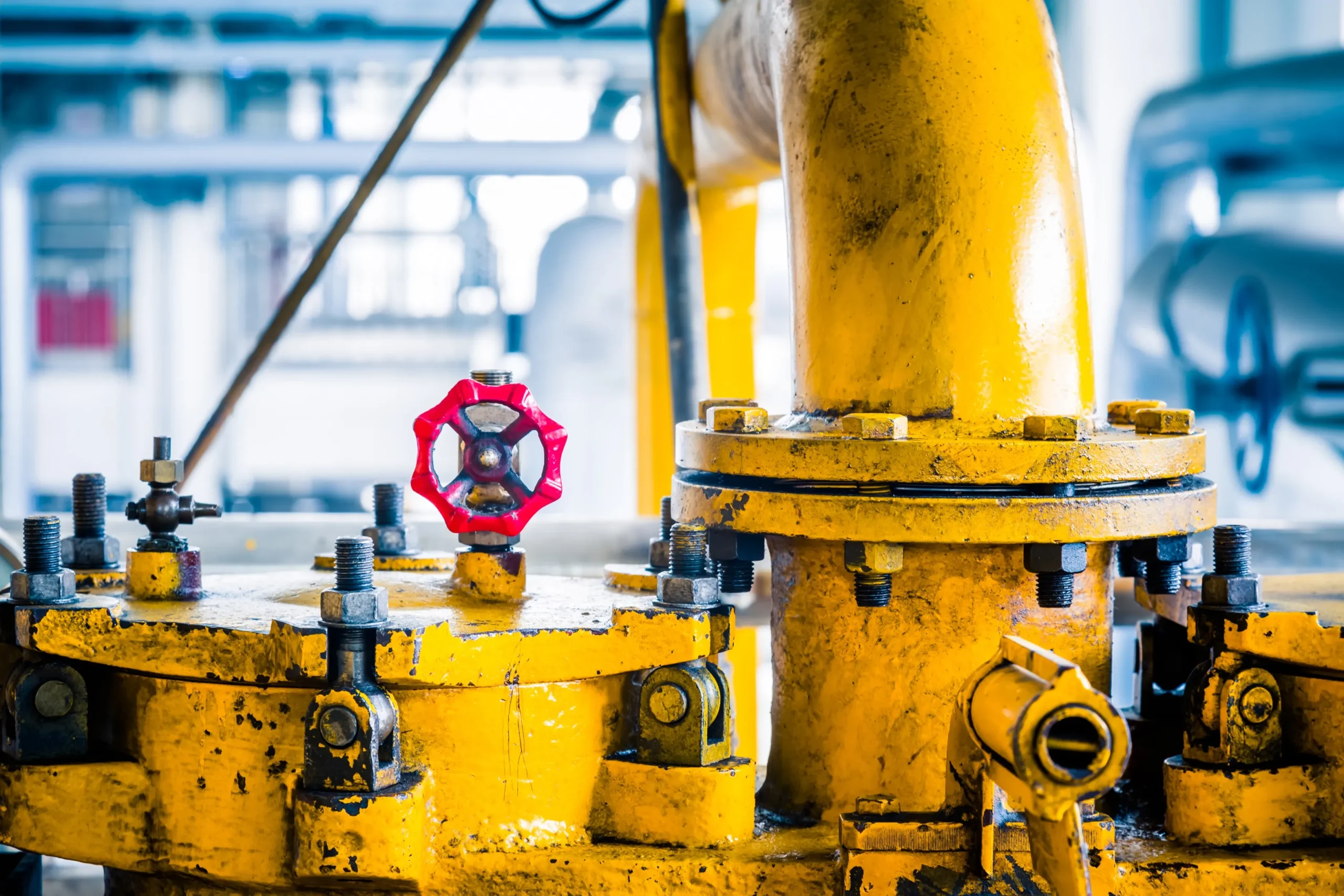This article explores about “Hydraulic Power Unit How It Works”, as hydraulic systems play a crucial role in many industries, powering machinery and equipment with precision and efficiency. At the heart of these systems is the Hydraulic Power Unit (HPU), a vital component responsible for generating and controlling hydraulic energy. This article provides a clear, detailed explanation of how Hydraulic Power Units work, their components, applications, and benefits, as well as maintenance tips to keep them running smoothly.
What is a Hydraulic Power Unit?

A Hydraulic Power Unit (HPU) is a self-contained system designed to convert mechanical energy into hydraulic energy. This energy is then used to power various types of machinery and equipment. HPUs are essential for applications requiring precise control of movements and forces.
Key Components of a Hydraulic Power Unit
Motor
The motor is the driving force behind the HPU. It provides the mechanical power needed to operate the pump. Depending on the application, the motor can be electric, diesel, or gasoline-powered.
Pump
The pump converts mechanical energy from the motor into hydraulic energy. It pressurizes the hydraulic fluid, which is then used to power the machinery.
Reservoir
The reservoir stores hydraulic fluid and helps dissipate heat generated during operations. It ensures a steady supply of fluid to the pump and prevents overheating.
Valves
Valves control the direction, pressure, and flow of hydraulic fluid. They direct the fluid to different parts of the system, ensuring that actuators receive the correct amount of fluid to perform their tasks.
Filters
Filters are essential for removing contaminants from the hydraulic fluid. Clean fluid is vital for smooth operation and preventing damage to system components.
Accumulators, Coolers, and Heaters
- Accumulators: Collect moisture and help maintain pressure in the system.
- Coolers: Keep the hydraulic fluid at an optimal temperature, preventing overheating.
- Heaters: Ensure the fluid remains at the right temperature in cold environments.
How Does a Hydraulic Power Unit Work?

Step-by-Step Process
- Fluid Intake: The pump draws hydraulic fluid from the reservoir.
- Pressurization: The pump pressurizes the fluid.
- Fluid Distribution: Pressurized fluid is directed through valves to actuators.
- Actuation: Actuators convert hydraulic energy into mechanical work, such as lifting or rotating.
- Pressure and Temperature Regulation: The system maintains optimal pressure and temperature to ensure efficient operation.
Applications of Hydraulic Power Units
Hydraulic Power Units are used in various industries due to their versatility and efficiency. Some common applications include:
- Manufacturing: Powering machinery like presses, injection molding machines, and conveyor systems.
- Construction: Essential for equipment such as excavators, loaders, and cranes.
- Agriculture: Used in tractors, harvesters, and other farming equipment.
- Marine: Powers steering gear, winches, and stabilizers in marine applications.
- Automotive: Employed in automotive manufacturing and testing equipment.
Benefits of Hydraulic Power Units
- High Power Density: HPUs can generate significant force and power from a compact unit.
- Precision and Control: They provide accurate control over movements and forces.
- Durability and Reliability: HPUs are known for their long lifespan and minimal maintenance needs.
- Versatility: Can be customized for different applications.
- Energy Efficiency: Converts mechanical energy into hydraulic energy with minimal losses.
Maintenance and Troubleshooting
Routine Maintenance
- Fluid Level and Quality: Regularly check the hydraulic fluid level and quality. Contaminated or low fluid can cause system malfunctions.
- Filters: Replace filters regularly to ensure clean fluid and prevent blockages.
- Seals and Hoses: Inspect for leaks or damage and replace worn components.
- Accumulators and Coolers: Check and maintain accumulators and coolers to ensure proper functioning.
Common Issues and Solutions
- Overheating: Check for excessive load, low fluid levels, or blocked filters.
- Noisy Operation: Inspect the pump, motor, or bearings for wear or damage.
- Reduced Performance: Look for low fluid levels, air in the system, or worn components.
Conclusion
Hydraulic Power Units are essential for many industrial applications, providing the hydraulic energy needed to power machinery and equipment. By understanding how HPUs work, their components, and maintenance requirements, you can ensure their efficient operation and longevity. Whether used in manufacturing, construction, agriculture, marine, or automotive industries, HPUs are a key component in driving modern industry forward.























+ There are no comments
Add yours